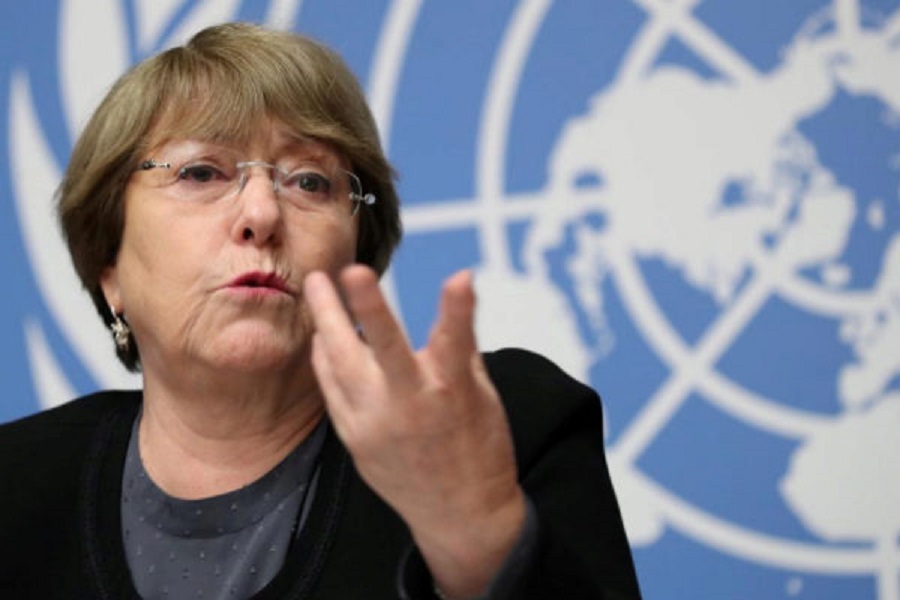KUALA LUMPUR, June 4 — The United Nations human rights chief criticised Malaysia and other Asia-Pacific countries for clamping down on free speech and tightening censorship during the Covid-19 pandemic.
UN High Commissioner for Human Rights Michelle Bachelet said restricting misinformation to protect public health should not result in censorship that undermines trust.
“While governments may have a legitimate interest in controlling the spread of misinformation in a volatile and sensitive context, this must be proportionate and protect freedom of expression,” Bachelet said in a statement.
The UN human rights office noted that arrests for expressing discontent or allegedly spreading false information in relation to governments’ Covid-19 responses have been reported in Malaysia, Bangladesh, Cambodia, China, India, Indonesia, Myanmar, Nepal, the Philippines, Sri Lanka, Thailand, and Vietnam.
The UN human rights representative also highlighted a police investigation against a journalist from Hong Kong-based South China Morning Post in Malaysia for reporting on the detention of undocumented migrants in Covid-19 red zones in the city that were placed under Enhanced Movement Control Orders.
Tashny Sukumaran tweeted last May 3 that she was being investigated under Section 504 of the Penal Code for alleged intentional insult with intent to provoke a breach of the peace and Section 233 of the Communications and Multimedia Act 1998 for alleged improper use of network facilities.
The UN human rights office highlighted official estimates that the Malaysian Communications and Multimedia Commission (MCMC) has opened at least 265 investigation papers in connection with the dissemination of alleged fake news on Covid-19, with 29 individuals reportedly charged in court.
“In these times of great uncertainty, medical professionals, journalists, human rights defenders and the general public must be allowed to express opinions on vitally important topics of public interest, such as the provision of health care and the handling of the health and socio-economic crisis, and the distribution of relief items,” said Bachelet.
“This crisis should not be used to restrict dissent or the free flow of information and debate. A diversity of viewpoints will foster greater understanding of the challenges we face and help us better overcome them.
“It will also help countries to have a vibrant debate on the root causes and good practices needed to overcome the longer-term socio-economic and other impacts. This debate is crucial for countries to build back better after the crisis.”








